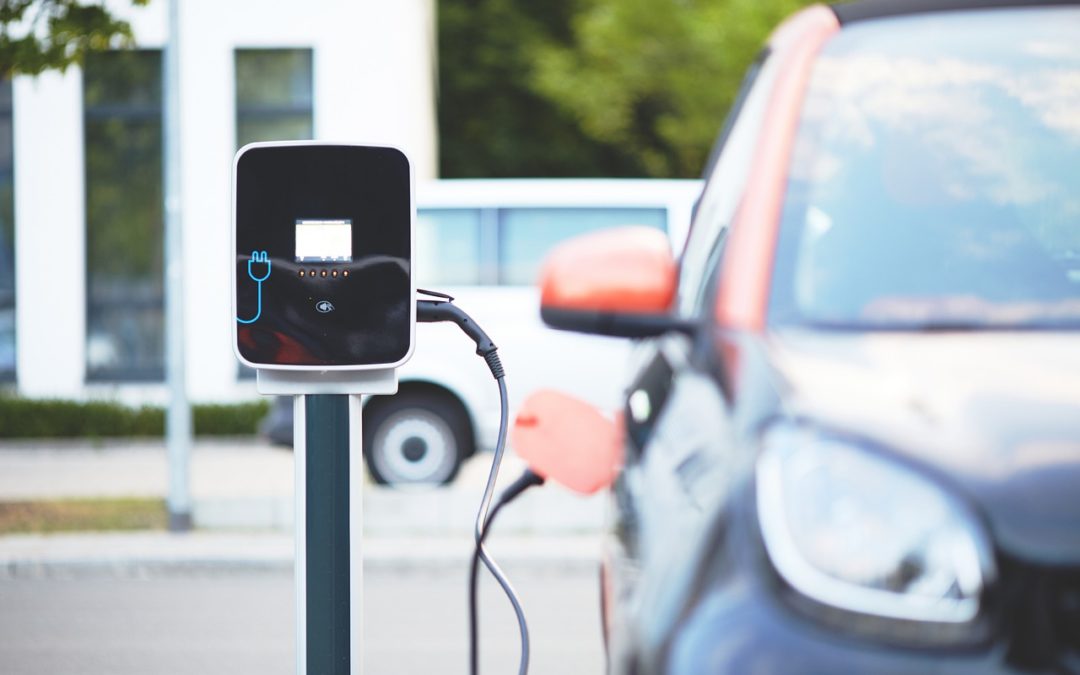Starting from 1 January 2022, the regulations will require that in non-residential buildings that are newly built or are undergoing major renovation and have more than ten parking spaces, at least one electrical charging point is installed, along with ducting infrastructure (conduits for electrical cables) in every fifth parking space to allow for the installation of charging points suitable for electric vehicles at a later date.
Details
This obligation will apply if the car park is located inside the building and, for major renovations, renovation measures include the car park or the electrical infrastructure of the building, or the car park is physically adjacent to the building, and, for major renovations, renovation measures include the car park or the electrical infrastructure of the car park.
In the case of new residential buildings and residential buildings undergoing major renovation, with more than ten parking spaces, each parking space will have to be equipped with ducting infrastructure (conduits for electric cables) to enable the installation, at a later stage, of recharging points for electric vehicles.
This obligation will apply if the car park is located inside the building and, for major renovations, renovation measures include the car park or the electrical infrastructure of the building, or the car park is physically adjacent to the building, and, for major renovations, renovation measures include the car park or the electrical infrastructure of the car park.
Perhaps even more interesting is the regulation of existing buildings, because in existing non-residential buildings with more than twenty parking spaces, at least one electrical charging point will have to be installed after 1 January 2025 if the car park is located inside or right next to the building.
It is important that according to the relevant regulation, the category of non-residential buildings includes not only department stores and shopping centres, but also government and office buildings, paid parking garages, commercial buildings (excluding indoor marketplaces), stand-alone shops, consumer goods repair shops, car repair stations, places of accommodation (excluding campsites), eating and drinking places, educational and health care buildings, places of entertainment, sports venues, and libraries, museums and other public cultural institutions.
Further details are included in Schedule 8 (On the Promotion of Electromobility) to Decree No. 7/2006 of a Minister without Portfolio on the Determination of the Energy Characteristics of Buildings.
Authors: Attila Marjai and Bence Kampits




